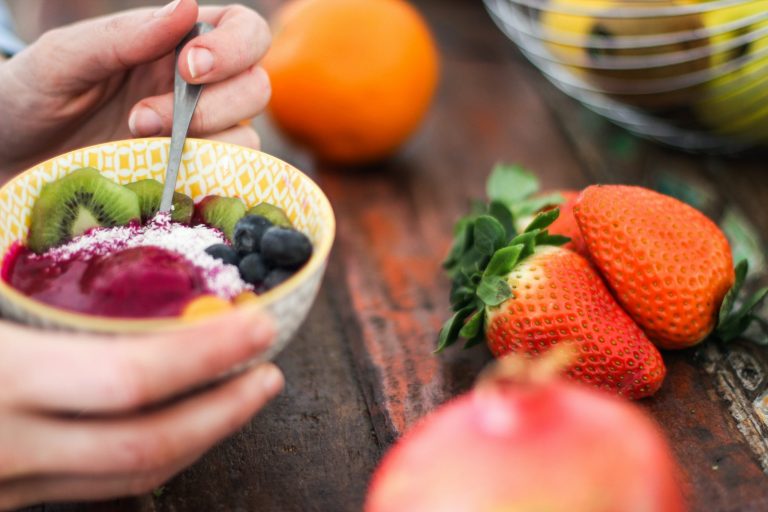Food Preparation Safety Recommendations
The key to safe food preparation is cleanliness in the kitchen. There are several things a safe cook should remember while preparing food for themselves and especially while preparing food for others. This includes:
- Wash your hands for at least 20 seconds before cooking and after handling raw meat
- Pull hair back with a net and cover any open cuts or sores
- If you have an infected sore or cut, do not cook!
- Wash cooking spaces with a bleach solution according to the product’s label
- Keep dishcloths clean and dry
- Wet cloths harbor bacteria
- Clean the kitchen drain with a bleach solution regularly
- Use one cutting board for meats and another for ready-to-eat foods, such as vegetables
- Thoroughly sanitize cooking utensils before using them on other foods
- Clean plates and dishes used to prepare meat thoroughly before re-use
- Sanitize blenders used to mix raw eggs before using with other food products
Cooking Directives
To prevent food borne illnesses, foods must be cooked to a specific minimum internal temperature as measured with a food thermometer. Please reference the chart on the next page to learn the temperatures certain foods must be cooked to.
| FOOD | STYLE | TEMPERATURE |
| Beef | steaks and roasts | 145° |
| Veal | steaks and chops | 145° |
| Lamb | chops | 145° |
| Pork | any style | 145° |
| Ground Beef | any style | 160° |
| Ground Pork | any style | 160° |
| Ground Lamb | any style | 160° |
| Egg | casseroles | 160° |
| Poultry | any style | 165° |
| Stuffing-outside of meat | N/A | 165° |
Food Storage
Various types of foods also have different shelf lives once they are in the refrigerator or freezer. It is necessary that you follow the recommended guidelines to prevent bacterial growth and subsequent illness.
| FOOD | REFRIGERATOR (40° F) | FREEZER (0° F) |
| Fresh eggs with shells | 3-5 weeks | Do NOT freeze |
| Hard boiled eggs | 1 week | Do NOT freeze |
| Egg, chicken, ham or macaroni salad | 3-5 days | Do NOT freeze |
| Hot dogs, opened | 1 week | 1-2 months |
| Hot dogs, unopened | 2 weeks | 1-2 months |
| Lunch meats, opened | 3-5 days | 1-2 months |
| Lunch meats, unopened | 2 weeks | 1-2 months |
| Fresh deli slices | 3-5 days | Do NOT freeze |
| Soups and stews containing meat and vegetables | 3-4 days | 2-3 months |
| Ground meat and poultry | 1-2 days | 3-4 months |
| Bacon | 7 days | 1 month |
| Sausage | 1-2 days | 1-2 months |
| Ham (cooked, whole) | 1 week | 1-2 months |
| Ham (cooked, half) | 3-5 days | 1-2 months |
| Ham (cooked, slices) | 3-4 days | 1-2 months |
| Fresh beef (steaks, roasts) | 3-5 days | 6-12 months |
| Fresh pork (chops, roasts) | 3-5 days | 4-6 months |
| Fresh lamb (chops, roasts) | 3-5 days | 6-9 months |
| Fresh veal | 3-5 days | 4-8 months |
| Any cooked meat leftovers | 3-4 days | 2-3 months |
| Fresh chicken or turkey (whole) | 1-2 days | 1 year |
| Fresh chicken or turkey (pieces) | 1-2 days | 9 months |
| Any cooked poultry leftovers | 3-4 days | 4 months |




